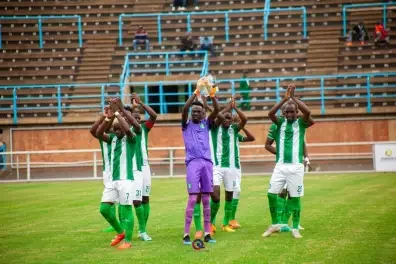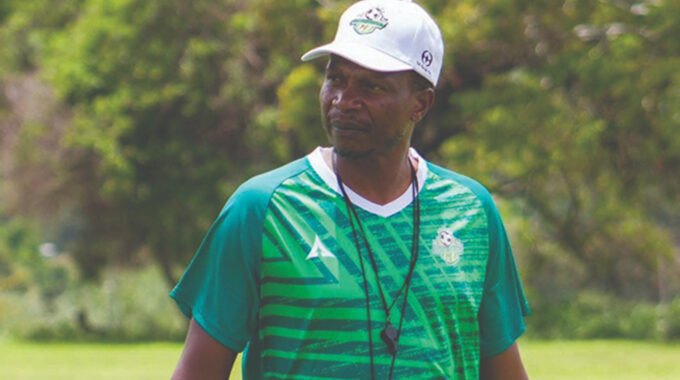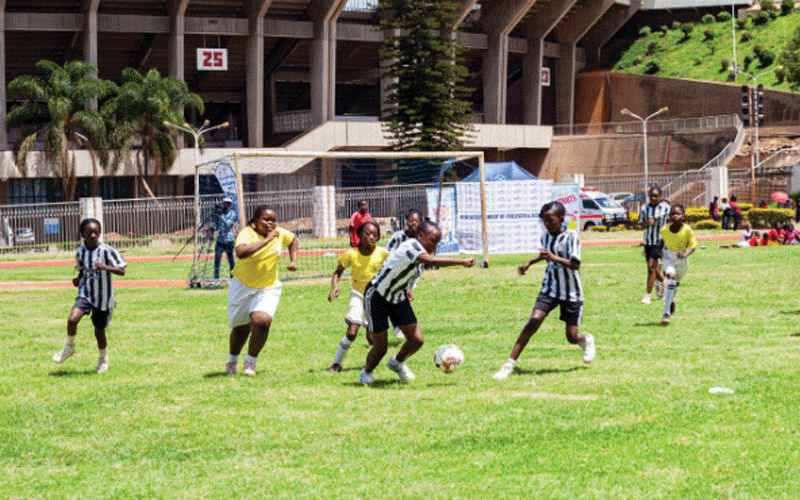
Kilimanjaro rose from obscurity and managed to win 32 heavyweights fights of which 28 were knockouts. The Man Mountain lost six fights in his career.
He consumed “loaves of bread” and also held the record of attracting the biggest crowd for a boxing bout when 15 000 paying fans turned out at Rufaro to watch him win the Africa Boxing Union All Africa title. These insights are contained in The Bengu Years, a book which chronicles the golden age of boxing in Zimbabwe by Dave Wellings, the coach credited for coaching some of the country’s top boxers.
Wellings first met Kilimanjaro in 1981 when Richard Hondo, who is currently the chairman of the Zimbabwe National Boxing Control Board introduced the then green horn to him.
Wellings said one evening Hondo came to the gym and “asked in his quiet shy way if I was interested in training a heavyweight and he sensed there was some reason why he wouldn’t want to”.
“It’s just that this young man has a bad reputation,” Hondo said.
Wellings said Hondo told him that Chinembiri was a “professional mugger” but he agreed to meet him. Wellings said he was not impressed at first sight and thought he might be no more than a big middleweight or possibly light heavy fighter. “That was until I walked over to him to shake hands, my hand disappeared inside his great paw and I had to crane my neck upwards to make eye contact.
He stood 1,95m tall but had the proportions of a middleweight with wide shoulders and narrow hips. “He had no experience either as an amateur or pro (inverting clients and shaking out their money did not count) and he was 23 years old,” Wellings wrote.
Wellings said Chinembiri started as an amateur but he had problems as three potential opponents withdrew from three consecutive tournaments after one look at the big and mean fighting machine.
- Chamisa under fire over US$120K donation
- Mavhunga puts DeMbare into Chibuku quarterfinals
- Pension funds bet on Cabora Bassa oilfields
- Councils defy govt fire tender directive
Keep Reading
“Proud wanted to fight, he also wanted to make some money and patience was not his strongest point.Since our first meeting I had been giving him travel expenses and buying his training gear but he was used to having money from one source or another so he turned professional as Proud Kilimanjaro.”
Kilimanjaro ran into problems in October 1981 in his first fight, as his huge fists would not fit into standard size boxing gloves. Bigger boxing gloves were later found and the match went ahead.
Kili, as he affectionately known, was capable of boxing the heavyweights in Africa. He proved this by taking the Africa Boxing Union All Africa title from Ghana’s Adama Mensah in September, less than 12 months after his first ring appearance at Rufaro.
A record crowd for a boxing match turned up as 15 000 paying thronged the stadium to watch the fight. The title guaranteed Kilimanjaro a WBC top 10 world rating which in turn made the holder eligible to challenge for the world title.Kilimanjaro and Langton “Schoolboy” Tinago were two of the most successful boxers in the country and had pop songs dedicated to them. However, problems arose when Kilimanjaro turned for training in white Mercedes Benz at the gym one evening accompanied by “second-hand car dealer and nightclub owner Job Kadengu” (now late).
Kadengu said he had come to talk about the managing Kilimanjaro and Wellings told him that he had a running contract with him. “But you must understand how it looks to proletariat – a future heavyweight champion of the world earning millions of dollars being controlled by a white man,” Kadengu said.
He added that Wellings would continue to train but he (Kadengu) would manage his finances. The matter was taken to the then Ministry of Youth, Sports and Recreation.
Wellings said the matter was resolved when he decided to part ways with Kilimanjaro and Kadengu bought him out of his contract. Kilimanjaro later came back to Wellings’ stable after 12 months away and went to defend his All Africa title several times and challenging a Commonwealth title in England “but never did meet Larry Holmes or make millions”.
Wellings said Kilimanjaro was also later to join the army. Kilimanjaro died on February 15 1994 after a long illness and was buried at his rural home of Buhera. A controversial herbalist Benjamin Burumbo was treating him at the time of his death.










